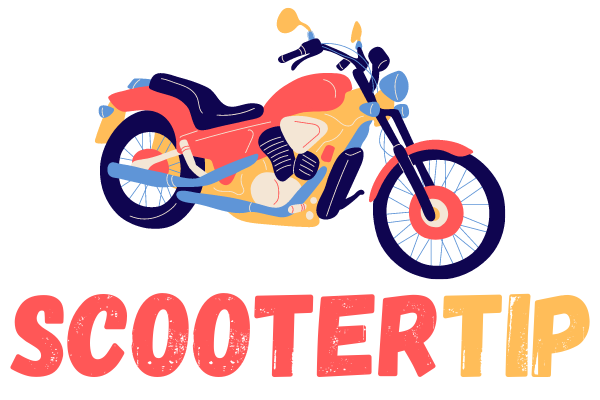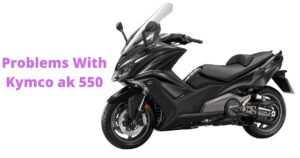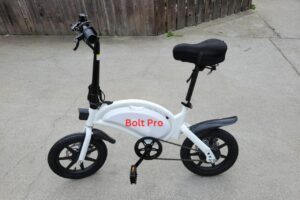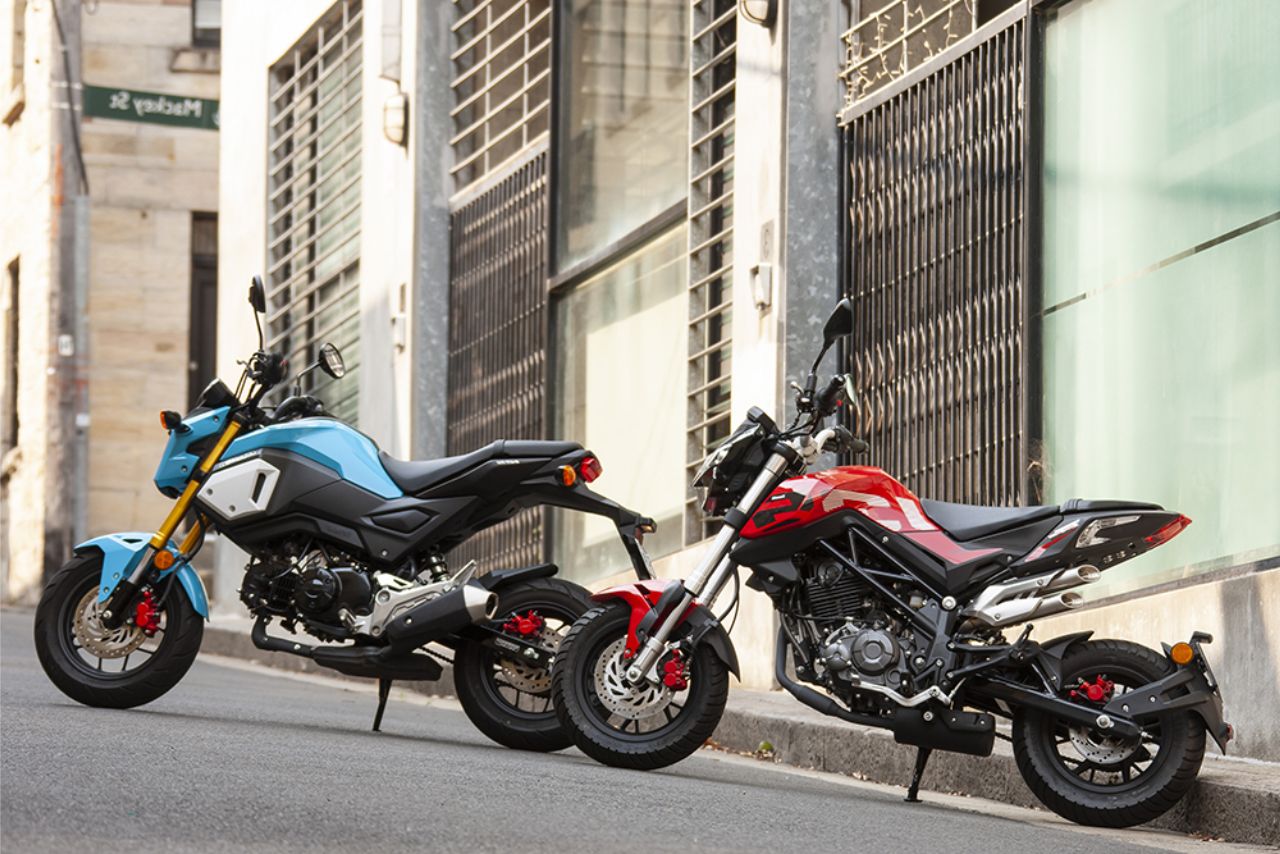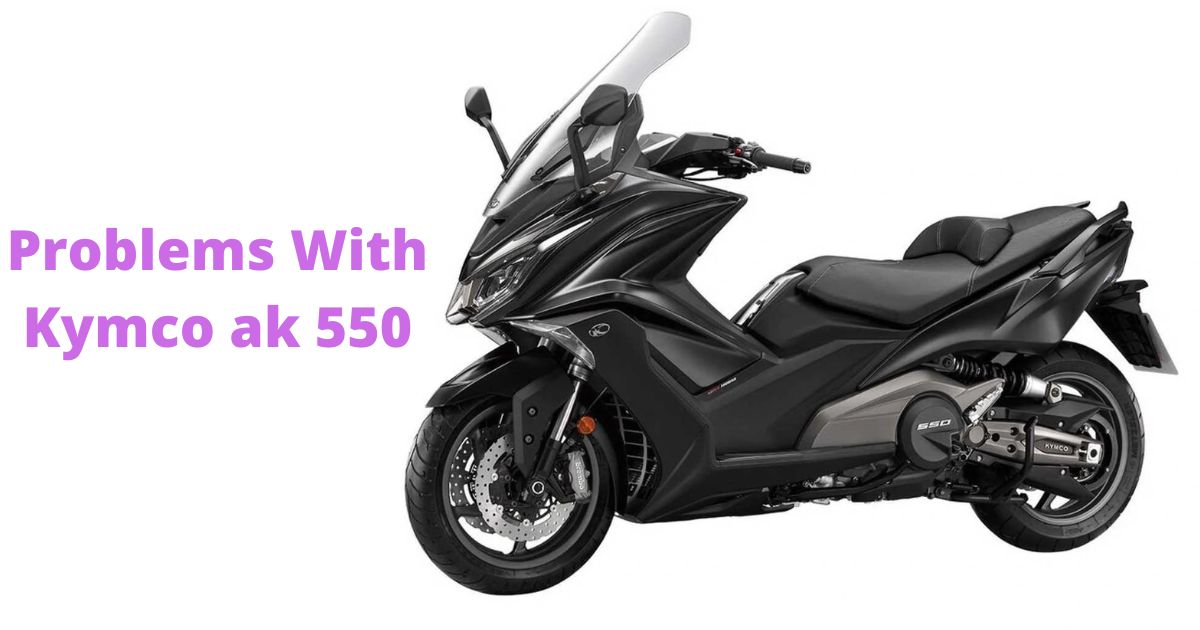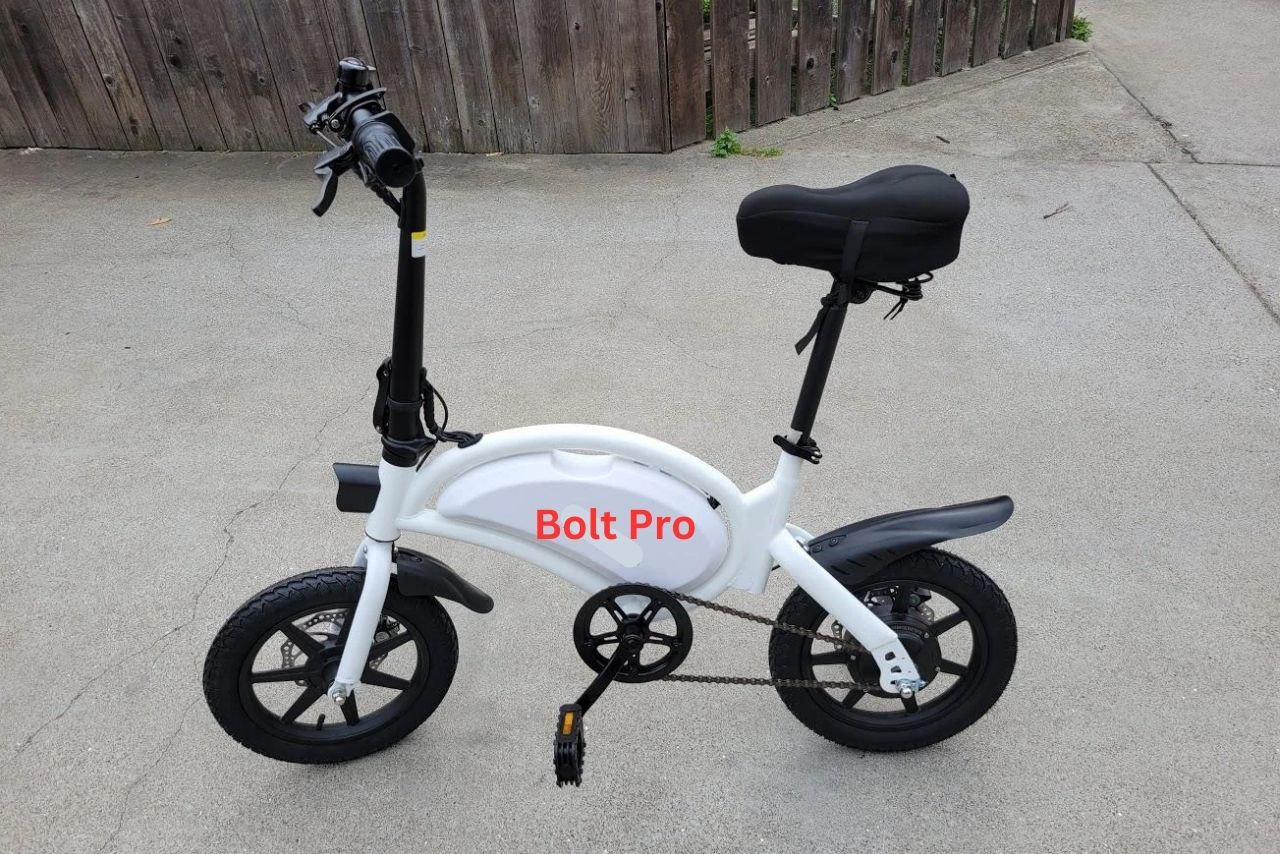Is your scooter making strange noises when you accelerate? Don’t worry, we’ve got you covered! In this article, we’ll explore the common causes behind why your Scooter Makes Noise when Accelerating and provide some simple solutions to help you get back on the road smoothly.
Whether it’s a rattling sound, grinding noise, or squealing sensation, understanding the root of the problem is crucial for a quick fix.
So let’s dive in and uncover what could be causing these unsettling sounds from your scooter and how to resolve them effectively.
Our comprehensive guide will walk you through each step so that you can enjoy smooth acceleration without any annoying sounds accompanying it.
Table of contents
Electric Scooter Makes Noise when Accelerating
Scooter noise when accelerating can be caused by a variety of issues, including a loose belt, worn bearings, an exhaust leak, a faulty ignition system, or a fuel system problem.
Riding a scooter with a known problem can be dangerous and could lead to further damage.
To prevent scooter noise when accelerating, regularly check and adjust the belt tension, replace worn bearings as soon as possible, inspect the exhaust system for leaks and have them repaired immediately.
Common Causes of Scooter Noise When Accelerating:
When your scooter starts making noise while accelerating, it can be a sign of an underlying issue. Here are some common causes to watch out for:
Loose or Damaged Exhaust System:
- Loose components in the exhaust system can create rattling or vibrating sounds.
- Damaged pipes or mufflers may result in loud and unusual noises.
Worn Drive Belt:
- A worn-out drive belt can cause a squealing or screeching sound during acceleration.
- Inspect the drive belt regularly and replace if necessary.
Faulty Clutch:
- If you hear grinding, clicking, or whining noises when accelerating, it could indicate clutch problems.
- Check the clutch assembly for wear and tear and consider getting it repaired or replaced.
Engine Issues:
- Poorly lubricated engine parts can generate knocking or tapping sounds.
- Ignition problems like misfiring spark plugs may also contribute to abnormal noise levels.
Loose Bolts and Fasteners:
- Vibrations from loose bolts, screws, or other fasteners can lead to irritating rattling noises.
Wheel Bearing Problems:
- Faulty wheel bearings often produce humming or growling sounds that get louder with acceleration.
- Regular maintenance is essential to ensure proper functioning of wheel bearings.
Transmission Troubles:
- Low transmission fluid levels might cause buzzing noises during acceleration.
- It’s important to check the transmission fluid level regularly and top up if needed.
Remember that these are just some of the common causes behind scooter noise when accelerating.
Diagnosing the Issue: Steps to Identify the Problem!
To determine the cause of your scooter’s noise when accelerating, you can follow these steps:
By following these steps methodically, you’ll be able to pinpoint possible causes behind your scooter making noise when accelerating so that appropriate solutions can be applied effectively.
Possible Solutions for Noisy Acceleration:
When your scooter makes noise during acceleration, there are several potential solutions to consider. Here are some possible remedies that can help address the issue:
Maintenance Tips to Prevent Future Noise Issues:
To keep your scooter running smoothly and prevent future noise issues, here are some essential maintenance tips:
Remember that prevention is key when it comes to minimizing noise issues with scooters! Regular maintenance and addressing any emerging problems promptly can help you enjoy a quieter and smoother ride.
Scooter Making Grinding Noise:
There are a few reasons why your scooter might be making a grinding noise. Here are a few of the most common:
1. Loose belt: The belt that transfers power from the engine to the rear wheel may be loose or damaged. This can cause a squealing or grinding noise when accelerating, decelerating, or turning.
2. Worn bearings: The bearings in the engine, transmission, or wheels may be worn, which can cause a humming or whining noise when accelerating or riding at high speeds.
3. Exhaust leak: A leak in the exhaust system can cause a popping or hissing noise when accelerating, decelerating, or revving the engine.
4. Faulty ignition system: A problem with the ignition system, such as a faulty spark plug or wire, can cause a misfire, which can cause a popping or banging noise when accelerating or decelerating.
5. Fuel system problem: A problem with the fuel system, such as a clogged fuel filter or injector, can cause the engine to run lean, which can cause a pinging or knocking noise when accelerating.
6. Debris in the variator: The variator is a system of pulleys and weights that controls the speed and power of the scooter. Debris in the variator can cause a grinding noise.
7. Worn brake pads: If the brake pads are worn down, they can rub against the rotor and cause a grinding noise.
8. Worn clutch: If the clutch is worn, it can slip and cause a grinding noise.
9. Worn gears: If the gears in the transmission are worn, they can cause a grinding noise.
10. Worn chain and sprockets: If the chain and sprockets are worn, they can cause a grinding noise.
Watch Video: Scooter Makes Noise When Accelerating!
Conclusion: Scooter Makes Noise When Accelerating! 💭
A noisy scooter when accelerating can be attributed to various causes. However, by understanding these causes and implementing the appropriate solutions, you can eliminate or minimize the noise to enjoy a smoother and quieter ride.
Remember that proper maintenance plays a crucial role in keeping your scooter running smoothly and quietly.
By following routine maintenance schedules, addressing issues promptly, and seeking professional assistance when needed, you can ensure that your scooter provides an enjoyable riding experience without any annoying noises.
So take care of your scooter’s health by identifying potential causes of noise during acceleration early on – it’ll make for a much more peaceful journey!
FAQs
What Kind of Noise Can I Expect to Hear?
The noise you hear when accelerating can vary. It could be a grinding, squealing, humming, or rattling sound.
Can a Malfunctioning Engine Cause the Noise?
Yes, a malfunctioning engine can be a common cause of noise when accelerating.
Issues such as a worn-out belt, loose or damaged components, or a problem with the fuel system can result in unusual noises.
Can Brake-Related Issues Cause the Noise?
Yes, if the brake pads or rotors are worn out or damaged, it can create noise when accelerating.
The noise may occur due to the brake pad material rubbing against the rotor.
Can I Continue Riding My Scooter if It Makes Noise when Accelerating?
It is not advised to continue riding your scooter if it is making unusual noises when accelerating.
Continuing to ride may further damage the scooter and potentially cause safety hazards.
Can Regular Maintenance Prevent Noise Issues?
Yes, regular maintenance, including oil changes, checking and replacing worn-out parts, and ensuring the wheels are properly aligned, can help prevent noise issues when accelerating.
Latest Posts:
- Benelli TNT 135 vs Grom! (A Proper Review!)
- What Problems Does The Kymco Ak 550 Have? Find Solution!
- Jetson Bolt Pro Troubleshooting! (The Ultimate Guide!)
- Top 10 Best Electric Scooters For Kids (Tried And Tested!)
- 10 Best 150cc Bike For Beginners: (Tried And Tested!)
- What Does 16 Mean To The Pagans? (The Surprising Truth!)
